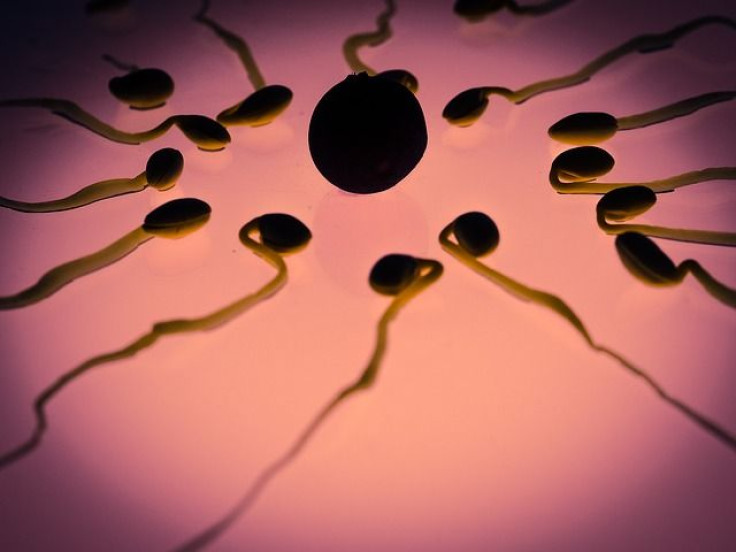About 1/3 Of Men With Fertility Problems Have A Higher Risk Of Type 2 Diabetes, Osteoporosis

About one in eight couples in the U.S. has trouble conceiving, and in about 40 percent of those cases, male fertility is to blame, according to the American Society for Reproductive Medicine. While some may regard male infertility as an inconvenience, it’s a serious condition linked to certain health risks. New research presented at the European Association of Urology conference in Munich shows metabolic diseases and osteoporosis may be among these risks.
Swedish researchers collected data from 192 men with low sperm count and compared them to 199 age-matched control subjects. They measured sex hormone levels, as well as bone mineral density and hemoglobin A1c levels, a marker for diabetes, and compared them between the two groups. The study found that one-third of infertile men were at risk for low levels of testosterone, a condition known as hypogonadism, and that it was seven times more common in men with low sperm counts than those with normal levels.
Men with low levels of testosterone also tended to have low bone density, increasing their risk of fractures and osteoporosis. What’s more, researchers also found that hypogonadal men had elevated glucose levels, and greater signs of insulin resistance — revealing their increased risk for developing diabetes.
"We found that a significant proportion of men from infertile couples show biochemical signs of hypogonadism,” said Dr. Aleksander Giwercman, who led the study, in a statement. “This may be affecting their fertility, but they can also serve as early warning signs for metabolic diseases in later life.”
This isn’t the first study to link male infertility to adverse health outcomes. Last year, researchers from the Stanford University School of Medicine combed through the medical records of more than 115,000 reproductive-aged men, to conclude that men with fertility problems were more likely to suffer complications unrelated to reproductive health, such as diabetes and heart disease. They also had an increased risk of renal disease and alcohol abuse, which is also a risk factor for several other disorders, including liver cancer and kidney failure. A 2014 study also found that men with fertility problems were more than twice as likely to die early than fertile men with normal sperm counts.
“We would recommend that levels of reproductive hormones should be checked in all men seeking advice for fertility problems. Those at risk of serious disease should be followed after the completion of fertility treatment,” Giwercman said.
Professor Jens Sønksen, of the European Association of Urology Scientific Congress Office, said the current study helps address a “significant need” in the dialogue surrounding men’s reproductive health. He said, "This study is very interesting, as is the question it poses; whether infertility in men below the age of 50 years might be used as a predictor for development of metabolic diseases including diabetes and osteoporosis later in life.”
Source: European Association of Urology. 2016.



























